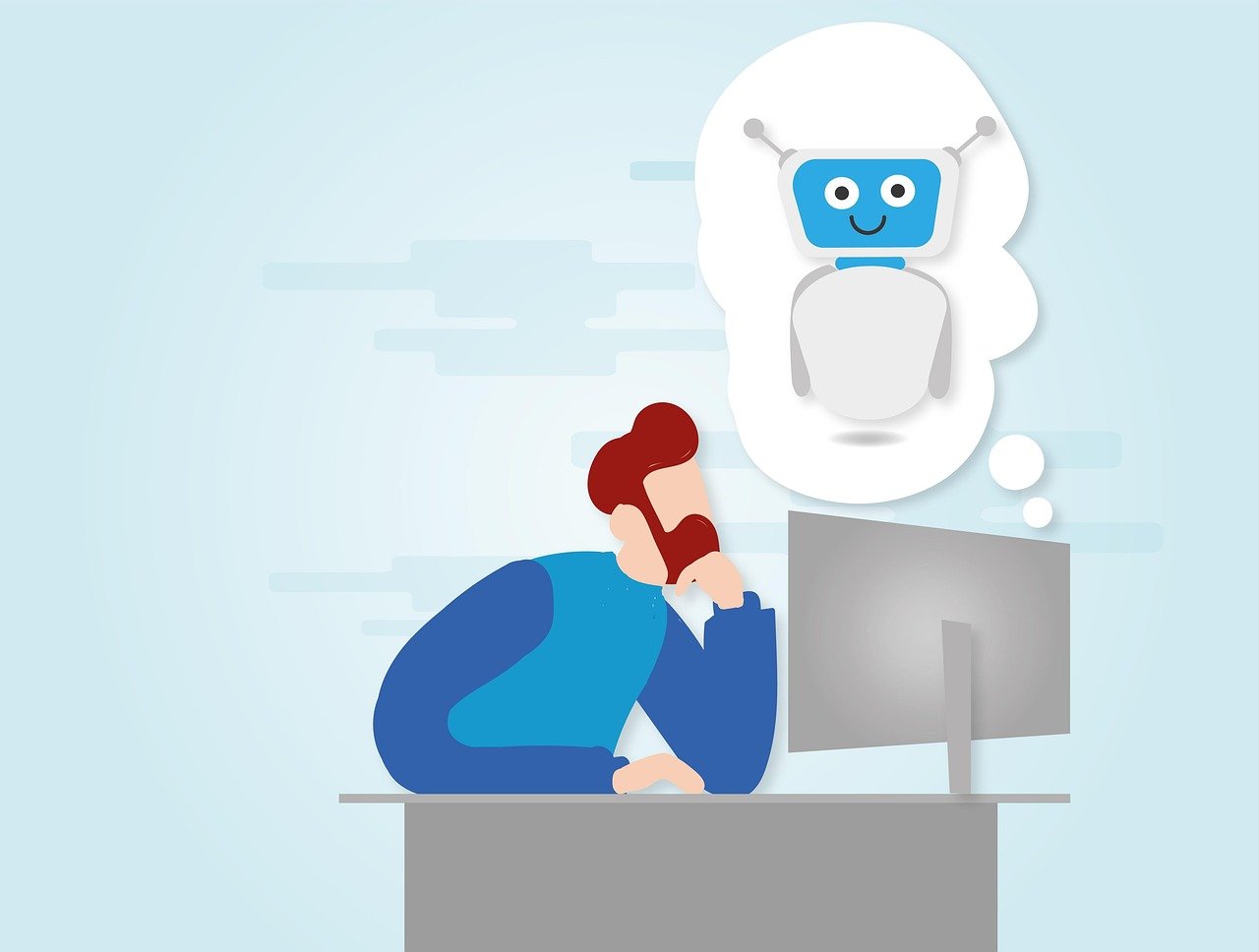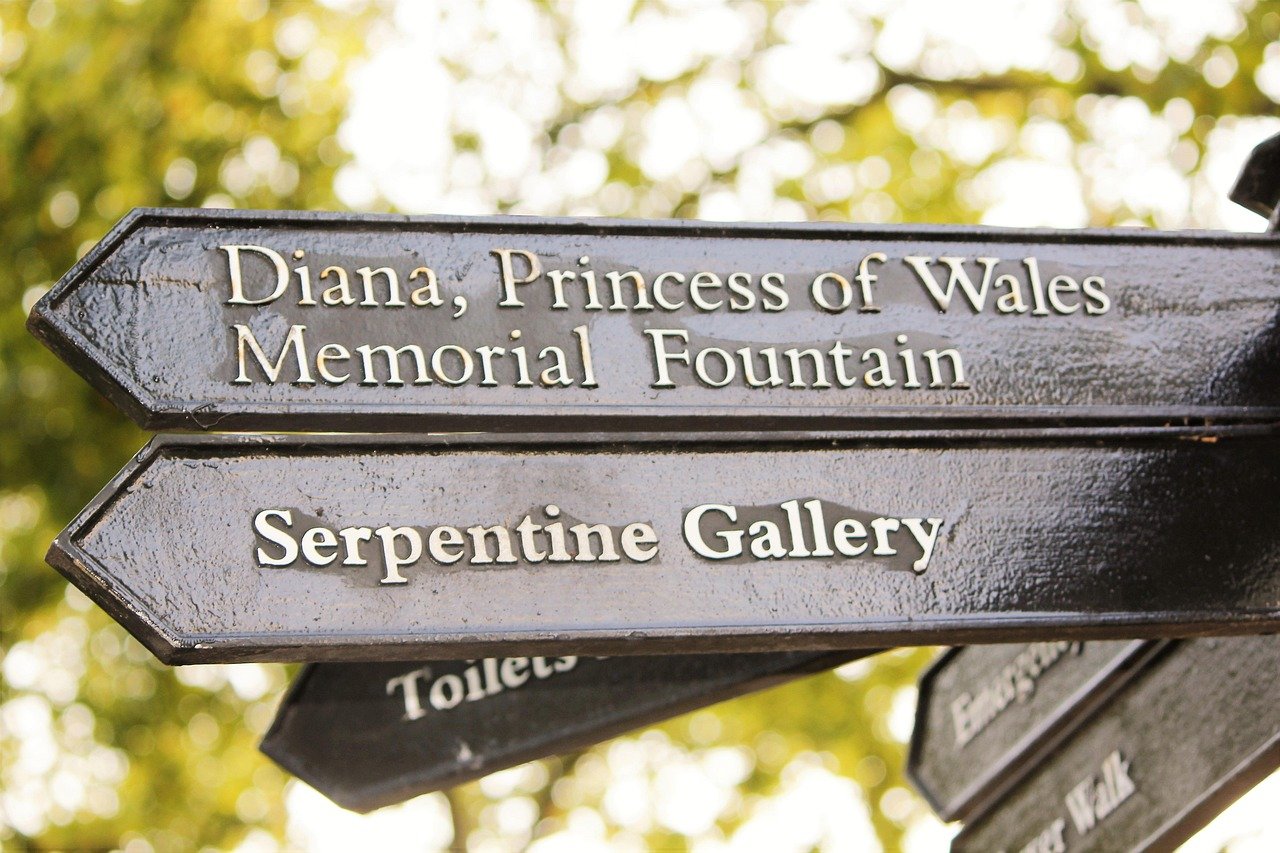
So, Is AI Good?
We’ve all seen headlines about artificial intelligence changing the way we work, shop, and even date. But you’re here for an AI guide that actually answers the big question — is AI good? Not just “tech guru fluff,” but genuine, boots-on-the-ground talk.
AI has become that friend who shows up everywhere — your phone’s autocomplete, your streaming recommendations, even your fridge (yes, smart fridges are real). But here’s the tricky part: it’s not automatically “good” or “bad.” It’s like fire — useful when controlled, dangerous when mishandled.

1. The Real-World Wins of AI
Here’s where I throw you a curveball — AI isn’t just about futuristic sci-fi robots. Need a quick photo edit? AI can remove that random stranger photobombing you in seconds. Want your emails sorted by urgency? AI’s on it. Companies like Netflix use AI to suggest what you might want to watch next, sometimes so accurately it’s mildly creepy.
In healthcare, AI-powered imaging can detect conditions earlier than humans might spot them. I once spoke with a doctor who said an AI system flagged a suspicious spot she’d almost missed — and it turned out to be something that needed immediate attention. That’s not hype. That’s genuinely saving lives.
Still, the “goodness” here depends on how it’s applied. When AI’s purpose is helping without replacing human judgment entirely, that’s when it shines.
2. When AI Trips Over Itself
If you’ve ever yelled at Siri for misunderstanding you, you know AI isn’t flawless. These systems are only as unbiased as the data we feed them — and guess what? Our data can be seriously messy.
Take loan approval algorithms. Sounds efficient, right? Until it turns out they’re denying people based on flawed historical patterns. That’s not just a bug — that’s a direct impact on someone’s life. The AI guide here? Always question the “smart” decision if humans never get to review it.
Even creative AI tools can go wild. I tried asking one to write a romantic poem — the result was somewhere between “50 First Dates” and a ransom note.

3. The Human + AI Combo Punch
Here’s the thing: AI shouldn’t be the main star. It should be the trusty sidekick. The most thrilling cases happen when humans steer the wheel, while AI acts like the co-pilot.
Think of architects using AI to instantly generate multiple design options that fit building codes — then refining them based on community needs. Or writers who use AI to brainstorm headlines but still rewrite them to fit their voice. As my own experiment, I once fed an AI vague blog ideas, and what came out was 50% gold nuggets and 50% “What even is this?” — but that 50% gold saved me hours.
The AI guide for getting the best out of it? Treat AI like training wheels you eventually master, not autopilot you blindly trust.
Key Takeaways
- AI is good when it assists, not replaces, human judgment.
- Bias and bad data can turn AI harmful.
- The magic happens in human-AI teamwork.
- Question AI decisions as much as you would a stranger’s advice.
- Use AI to save time, not to skip thinking.

Wrapping It Up: Is AI Good?
Back to our opening question. Is AI good? It can be — but it’s not a guarantee. Like any powerful tool, it becomes “good” or “bad” depending on who’s holding it and why.
If your AI guide takeaway is anything, it’s this: AI has the potential to be extraordinary when paired with ethical choices and that irreplaceable human touch. So next time you hear another wild AI headline, ask yourself — is this fire warming the camp, or burning down the forest?
Use it wisely, and you’ll get more warmth than smoke.





